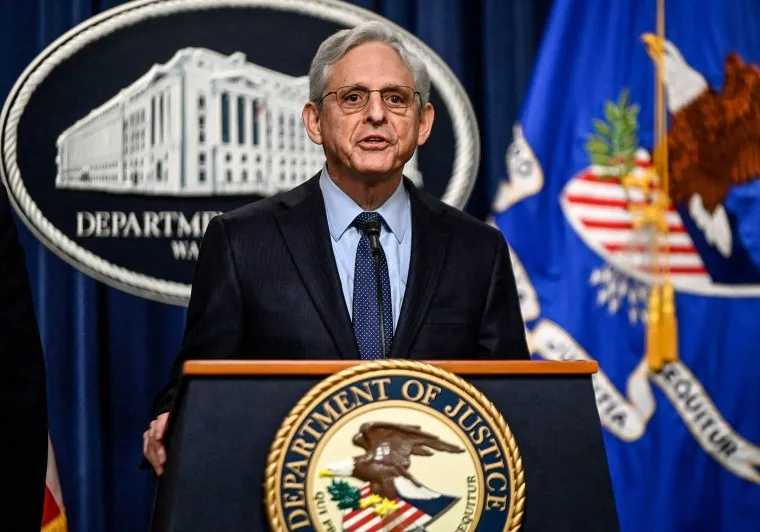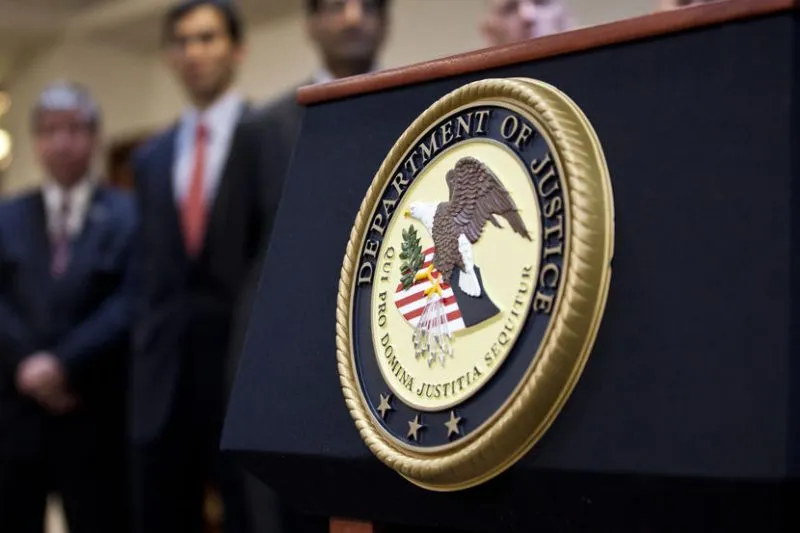The US Department of Justice (DoJ) has rebutted Roman Storm’s attempt to dismiss criminal charges against him, arguing that the disputed facts raised by Storm’s defense should be deliberated in court rather than resolved in early-stage dismissal proceedings. Storm, one of the developers of Tornado Cash, along with Roman Semenov and Alexey Pertsev, faces charges including money laundering conspiracy, operating an unlicensed money transmitter, and violating sanctions laws.
Storm, who pleaded not guilty after being indicted in August, has contended that the charges against him are flawed and infringe upon his First Amendment rights. His defense team argues that the creation of code, such as that used in Tornado Cash, constitutes protected speech. They also assert that Storm cannot be held accountable for any misuse of the software, as there is no evidence of conspiracy with malicious actors, and challenge the characterization of Tornado Cash as a money-transmitting business.

DoJ Counters Tornado Cash Co-Founder’s Attempt to Dismiss Criminal Charges (Credits: Crypto Daily)
However, the DoJ refutes Storm’s assertions, citing Tornado Cash’s announcement in 2019 as a mixer and its comprehensive service structure, including a website, user interface, smart contracts, and a network of ‘relayers.’ They argue that Storm and his associates retained control over the mixer, particularly during the period covered by the charges. The DoJ also disputes Storm’s claims regarding user control over transactions, providing screenshots as evidence to support their position.
US attorney Damian Williams emphasized that Storm and Semenov were aware of their role in assisting hackers and fraudsters in concealing illicit gains. This awareness, if proven, could lead to severe punishment upon conviction. Storm is scheduled to stand trial in September, while Semenov remains a fugitive.
The legal battle between Roman Storm and the US DoJ revolves around the disputed facts regarding the operation and control of Tornado Cash, with Storm asserting his innocence and First Amendment rights, while the DoJ maintains that Storm and his associates knowingly facilitated criminal activities. The trial is set to proceed, highlighting the complexity of prosecuting cases involving cryptocurrency technologies and their legal implications.























